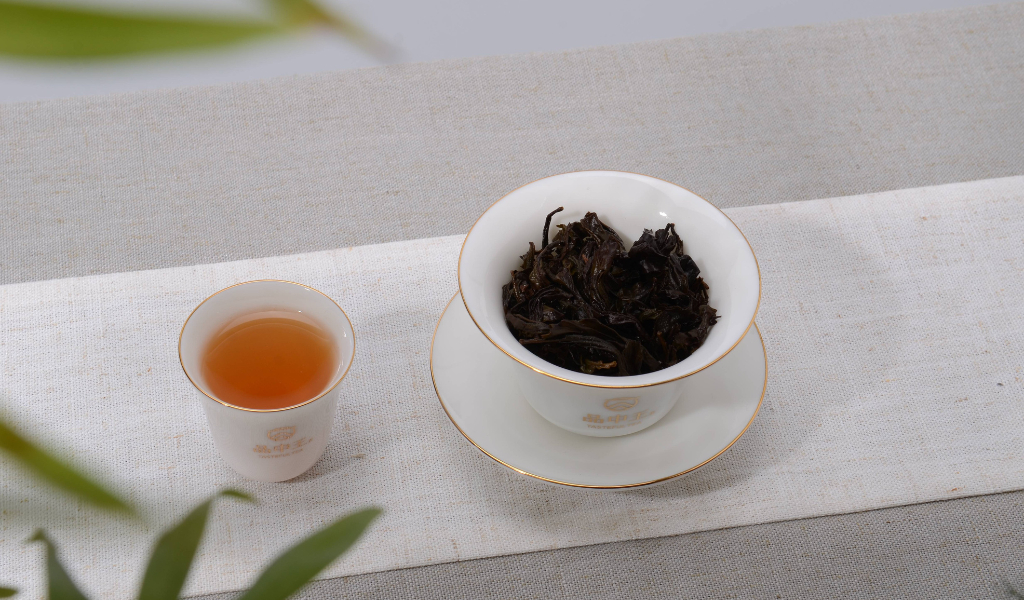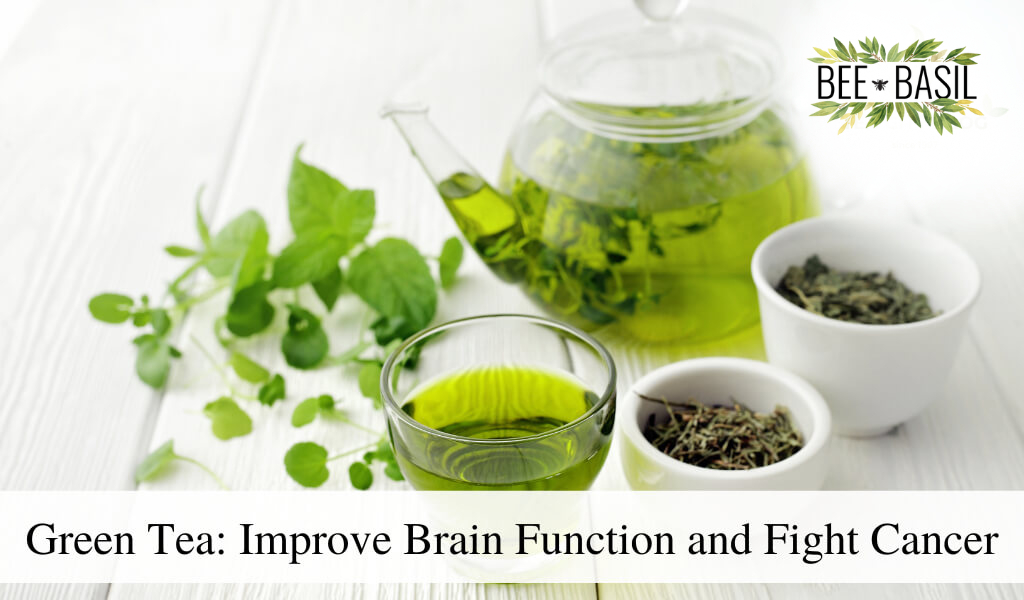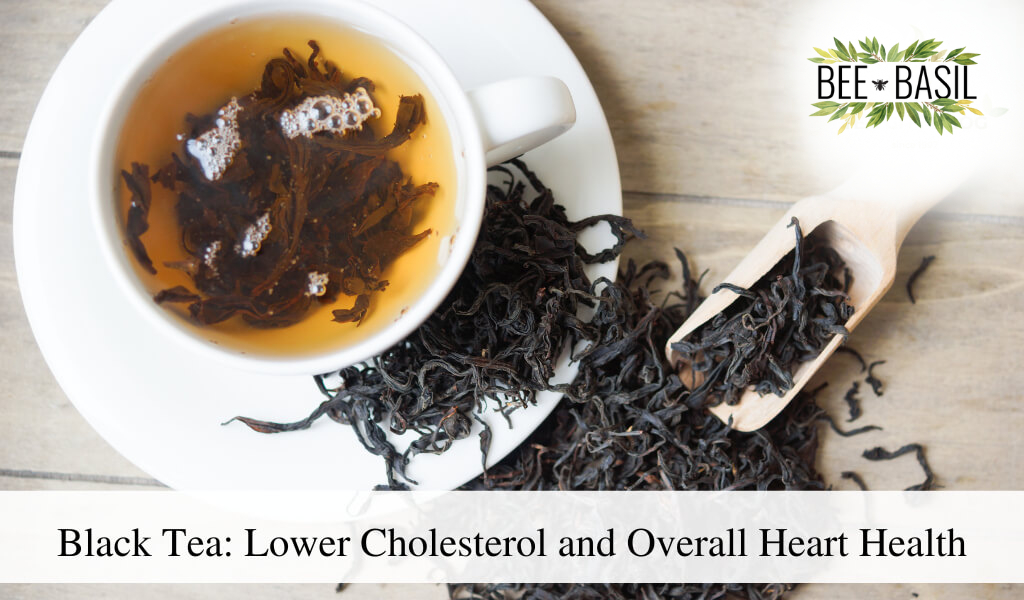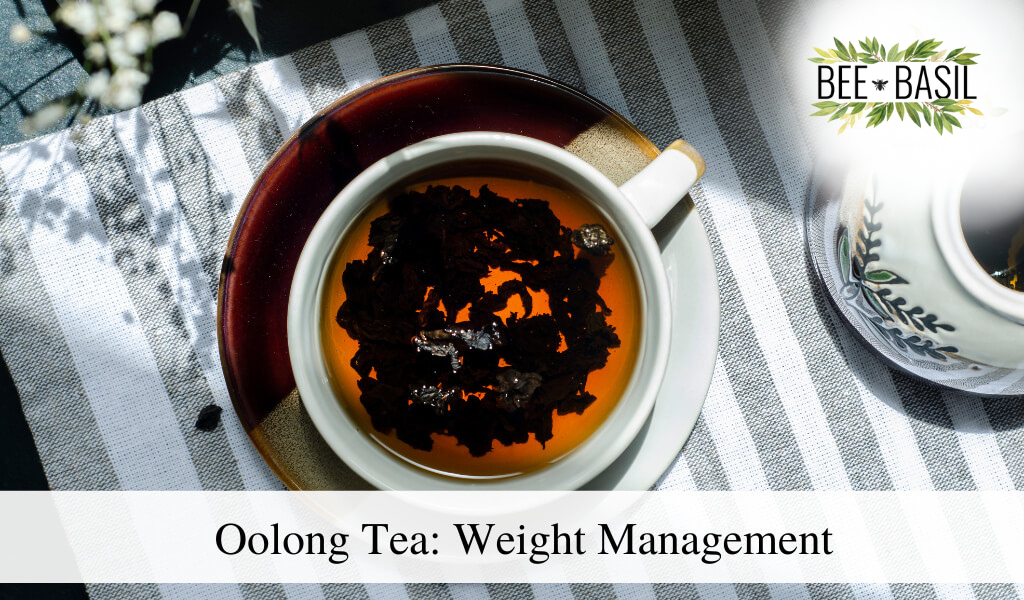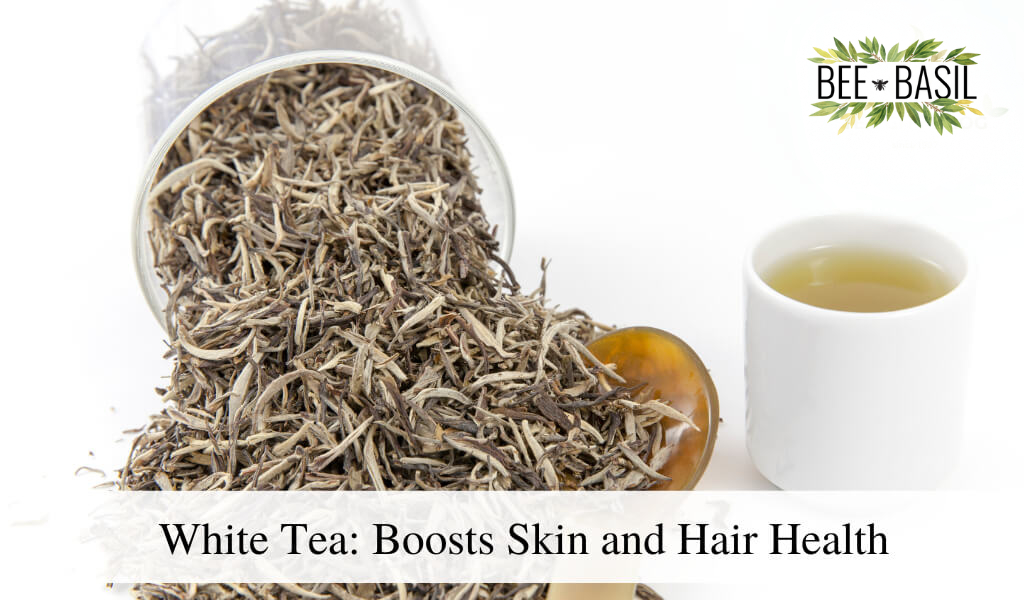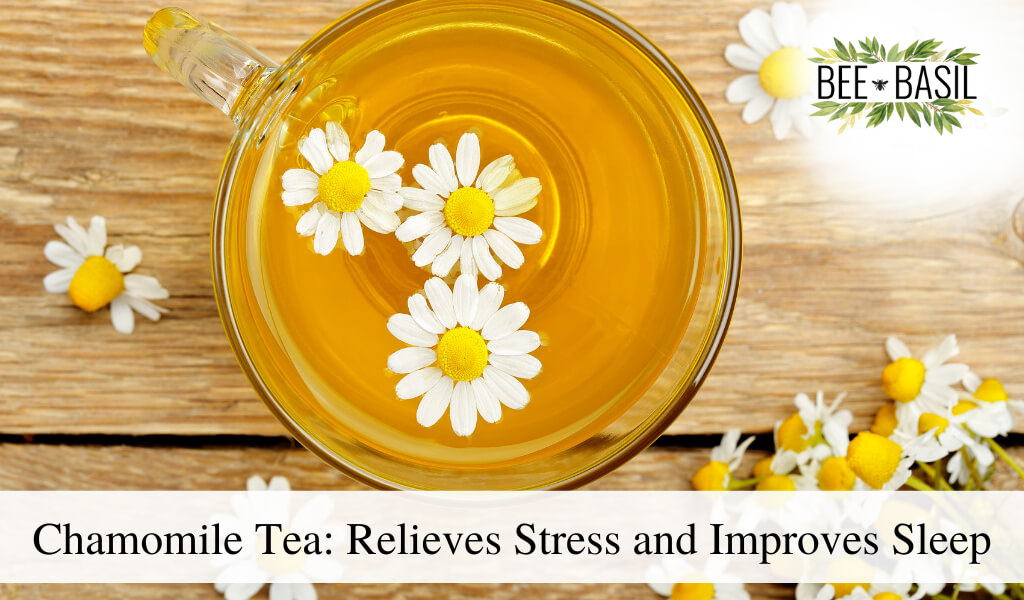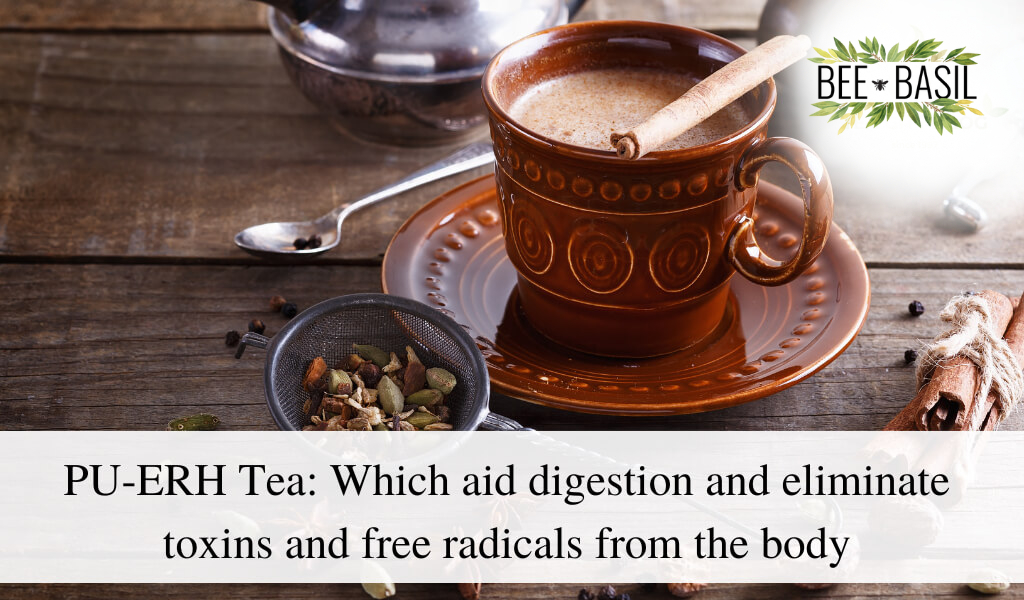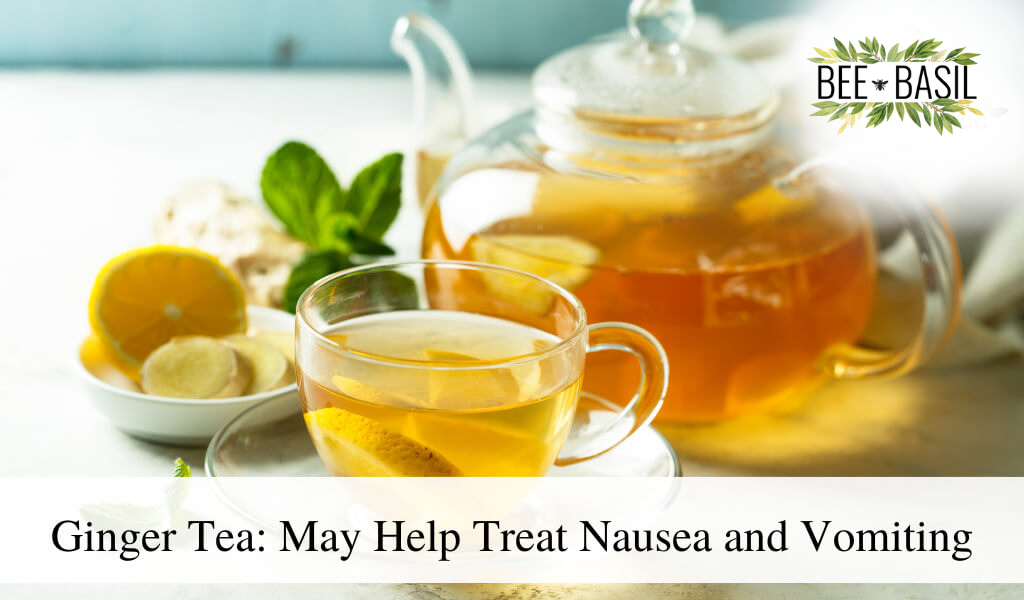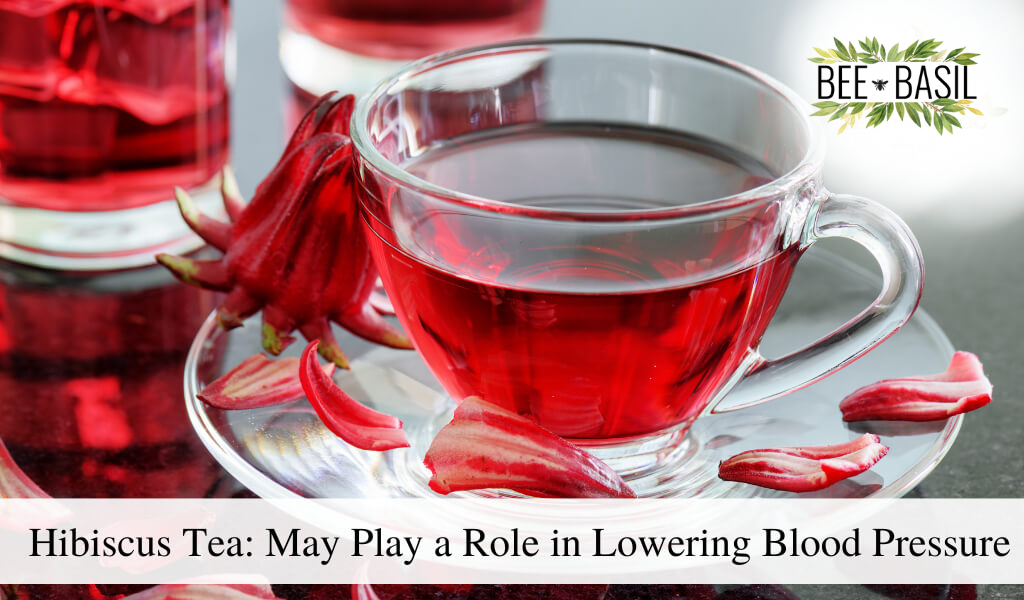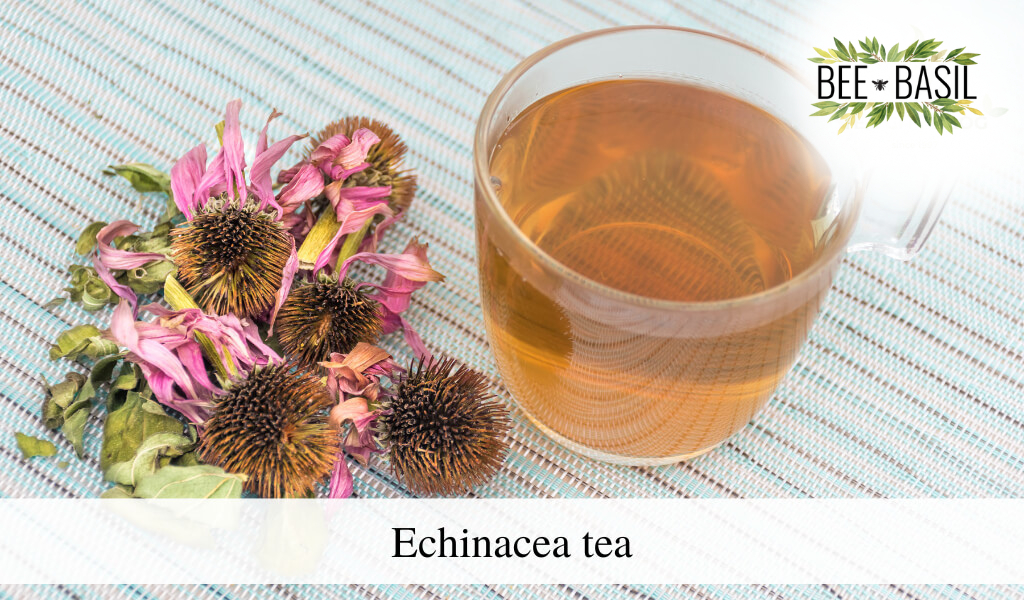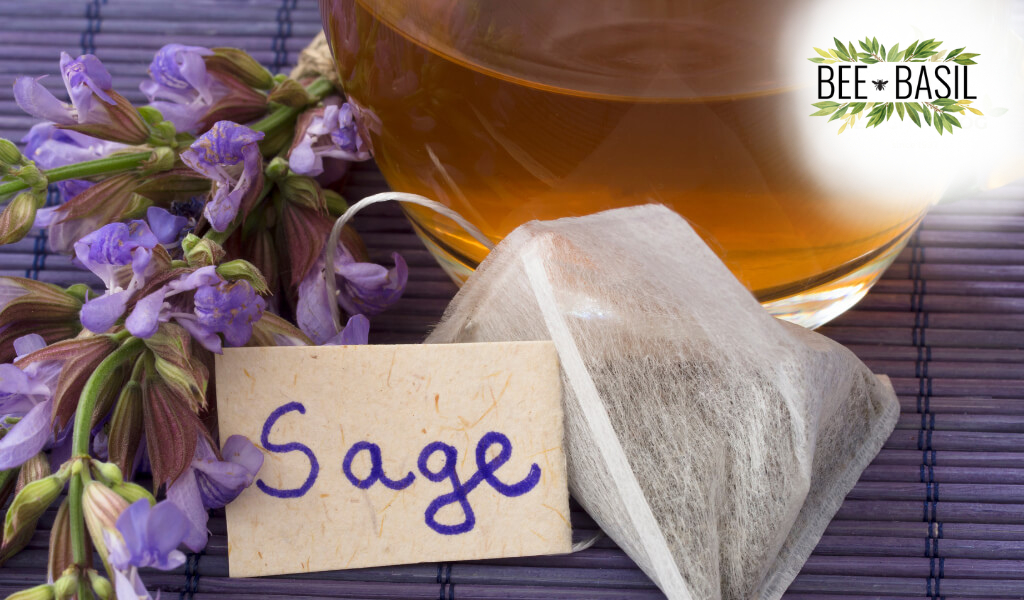Hey there! Are you a tea lover interested in maintaining a healthy lifestyle? You’re lucky because tea tastes great and provides many health benefits. Whether you’re looking to boost your immune system, improve your Digestion, or simply relax and unwind after a long day, there’s a healthy tea out there.
So, let’s dive into healthy teas and discover what they offer, shall we?
Quotes of tea at Today
“The morning cup of coffee has an exhilaration about it which the cheering influence of the afternoon or evening cup of tea cannot be expected to reproduce.”
― Oliver Wendell Holmes Sr.
The healthy tea: Our Top Picks
Here are the ultimate benefits and advantages of drinking tea regularly can help you. Let’s check it out now!
Green Tea: Improve Brain Function and Fight Cancer
Sip on Green tea for a healthy boost! It is the best potion for enhancing heart and brain health since it contains Polyphenols and Antioxidants.
Green Tea: Improve Brain Function and Fight CancerCompared to other true teas, green tea undergoes minor processing, as the leaves are, dried and rolled without oxidizing.
Chinese Green teas are usually pan-fired or roasted, resulting in a toasty and earthy flavor, while Japanese Green teas are steamed, offering a floral and vegetal taste.
From Chinese Gunpowder to Japanese Sencha and Matcha, Green tea has a variety of popular varieties. Packed with Antioxidants like EGCG, it fights free radicals that cause aging, wrinkles, and cognitive decline.
Green tea is the best tea for health problems like cancer prevention, as EGCG helps to stop cancer cell reproduction and even kills existing cancer cells.
In addition, the Antioxidants in Green tea shield the brain from oxidative stress, which can cause dementia and cognitive problems. Experts recommend drinking 4-5 cups of Green tea daily to experience these benefits fully.
Black Tea: Lower Cholesterol and Overall Heart Health
Wan to know which tea is best for you? Black tea! With 75% of the global tea market, it’s harvested, rolled, and oxidized to a dark hue, packing the most Caffeine of all true teas. An ideal morning energy boost.
Compared to other best teas for health, Black tea has a more robust flavor profile, including malty, chocolaty, and earthy notes, with a sharp finish. Some popular black tea varieties include Darjeeling, Assam, and Earl Grey breakfast tea in an infusion.
Regarding health benefits, Black tea culture is a rich source of Antioxidants and Theaflavins, which help protect the heart.
Studies have shown that drinking black tea can lower “bad” Cholesterol (LDL) levels and enhance blood flow, hence reducing the risk of Heart Disease.
Experts suggest drinking three or more cups of Black tea daily can help you reap these health benefits.
Read More:
Oolong Tea: Weight Management
Oolong is the best tea to drink. That sits between green tea and black tea in terms of oxidation. The tea leaves are picked, rolled, and fermented briefly before exposure to high temperatures to stop oxidation.
Oolong tea recipes can have a variety of flavors, ranging from sweet and fruity to woody and nutty, depending on the style and region of production.
In China, Wulong tea is typically made by rolling tea leaves into long, curly strands or tight pearl balls. The most popular type is called Se Chung.
In addition to its delicious taste, Oolong tea offers some health benefits. For instance, Oolong tea can assist with weight management thanks to Polyphenols and Caffeine.
According to research, Caffeine can trigger effects similar to those of adrenaline, which boost metabolism and encourage fat burning.
The digestive system may be streamlined by Polyphenols, enabling the body to burn fat more effectively. In one research, after consuming oolong tea daily for six weeks, 70% of subjects shed more than two pounds of fat.
Drinking eight ounces of Oolong tea daily is recommended for weight loss.
Read More: 200+ Tea Quotes to Celebrate the best Tea in the World
White Tea: Boosts Skin and Hair Health
If you are wondering the best tea to drink, white tea might be the ideal choice. According to university studies, White tea protects skin cells against Oxidation-induced damage.
Additionally, it has Antioxidant capabilities that aid in removing free radicals, which can result in aging symptoms like wrinkles. White tea’s Anti-inflammatory properties can help lessen the redness and irritation brought on by skin conditions like eczema or dandruff.
In addition, another study found that white tea can aid individuals suffering from skin conditions like Rosacea and Psoriasis. This is due to the presence of EGCG in White tea, which promotes the production of new cells in the epidermis. Moreover, white tea contains phenols that increase collagen and elastin production.
These proteins are crucial for smoother, more youthful skin and are often present in skincare products. Therefore, drinking a cup of white tea daily can help clear up your skin and reduce free radicals that can lead to breakouts and wrinkles.
True teas come from tea plants, while herbal tisanes use flowers, roots, and spices like Hibiscus, Ginger, and dandelion.
The healthiest teas to consume are those that don’t contain any caffeine, making them a great option for a beverage throughout the day. Flavored Caffeine-free teas, on the other hand, are a blend of true teas and herbal tisanes.
Read more:
Chamomile Tea: Relieves Stress and Improves Sleep
Popular herbal beverage chamomile tea is renowned for its relaxing and soothing properties that can help lower Tension and promote Relaxation.
Sourced from the petals of German or Roman Chamomile plants, this tea was historically used by the Ancient Egyptians to alleviate fevers and for cosmetic purposes. Chamomile tea has a fruity yet floral taste and a smooth finish, often compared to a crisp apple.
Chamomile tea can improve sleep by lowering cortisol and increasing serotonin and melatonin, which affect mood and sleep. Chamomile tea’s antioxidants can help reduce headaches and migraines by opening blood vessels.
Read More: You might be tempted to store your tea in the fridge, but wait a minute to read the article: “Can I store Tea in the fridge?”
Masala Chai Tea: Lowers Blood Sugar
Did you know that masala chai, a popular Indian tea, has chemical compounds that may help lower your blood sugar? Masala chai’s cinnamon and ginger have been found to reduce insulin resistance, aiding in the movement of sugar from your blood to cells where it’s required.
So, next time you enjoy a cup of masala chai, remember it might have potential health benefits!
PU-ERH Tea: Eliminate toxins and free radicals from the body
Pu-erh tea has gained popularity due to its numerous health benefits. This tea is fermented and contains polyphenols, which aid digestion and eliminate toxins and free radicals from the body.
Moreover, drinking Pu-erh tea can enhance heart health by including statins that help lower cholesterol levels. Another advantage of consuming Pu-erh tea is that it comprises many bacteria that can support gut health.
Ginger Tea: May Help Treat Nausea and Vomiting
Do you ever experience tummy troubles or morning sickness? If so, try drinking ginger tea. Ginger is well-known for its ability to soothe digestive stress. In March 2016, Integrative Medicine Insights published a review stating ginger is a secure and successful remedy for nausea and vomiting.
Research suggests ginger can even reduce post-chemotherapy nausea in adults with cancer by 40 percent! (In this study, participants took ginger in supplement form.) The natural compounds in ginger called gingerols not only provide its unique flavor and aroma but could also offer protection against illnesses like cancer and diabetes.
Make ginger tea at home by grating fresh ginger into a mug, pouring hot water on top, and letting it steep. Enjoy! Alternatively, you can purchase prepackaged loose leaf and tea bag made with dried ginger. Give it a try and see if it helps ease your stomach woes!
Peppermint Tea: Is Associated With a Healthy Digestive System
Peppermint is well-known for aiding digestion, much like ginger.
Al Bochi suggests trying peppermint herbal tea to aid digestion, as it has a menthol compound that can soothe the intestinal tract and ease bloating in tea brewing.
According to a review, research on animals has shown that peppermint has a specific effect on relaxing gastrointestinal tissues.
According to a different study, peppermint oil is a secure and efficient short-term therapy for IBS. It’s crucial to remember that peppermint oil has a higher concentration than peppermint tea.
Peppermint tablets can ease chest pain and improve swallowing in people with esophagus disorders, per a Feb 2019 Digestive Diseases and Sciences study. This is likely due to the lower esophagus’ smooth muscle relaxation.
Peppermint tea is an excellent option for a calming bedtime beverage since it is caffeine-free.
Read More: Are you a tea lover trying to maximize the benefits of your favorite brew? Look no further, as we dive into the age-old question: when is the best time to drink tea?
Hibiscus Tea: May Play a Role in Lowering Blood Pressure
Hibiscus tea blends, made from dry hibiscus leaves, not only tastes delicious and tangy but may also have heart health benefits. Studies have shown that drinking hibiscus tea regularly for six weeks can help lower blood pressure in prehypertensive and mildly hypertensive adults when compared to a placebo drink. This tea could also be combined with dietary changes to improve overall health.
In addition, another review found that hibiscus tea can significantly lower both systolic and diastolic blood pressure.
Furthermore, hibiscus extract may have protective effects against obesity.
Hibiscus extract may be useful in reducing obesity and nonalcoholic fatty liver disease since it reduces weight, body mass index, and waist-to-hip ratio after 12 weeks of use.
It’s crucial to remember that further study is required to validate these advantages and that hibiscus extract could not be the only factor in these positive health effects.
Read more:
Herbal Tea: Best for lung health
If you’re worried about your lungs, here’s how to breathe easier: Drink herbal tea.
Anti-inflammatory powers in herbal teas can help loosen airways tightened by conditions such as asthma, says Czerwony. She recommends herbal teas featuring turmeric, cinnamon or ginger as a way to keep the air flowing.
As an added benefit, drinking a hot cup of herbal tea can also help clear congestion by loosening mucus. “It’ll clean out the gunk,” says Czerwony.
Echinacea tea: Boost Your Immunity
Echinacea tea flavors is a widely used remedy believed to prevent and treat the common cold.
Studies suggest that echinacea can enhance the immune system, which could help the body fight against infections (according to a trusted source).
While further research is necessary, some studies indicate that echinacea may reduce the length of the common cold or alleviate its symptoms.
Rooibos tea: Health in a Cup
Rooibos tea has been used for its medicinal properties in the past. One study discovered that it could have anti-allergy properties, however additional research is required. Additionally, research suggests that rooibos may prevent the growth of osteoclasts, the cells in charge of disintegrating aging bones.
This is important for maintaining a healthy skeleton, especially for osteoporosis patients. Some older studies suggest rooibos tea may help lower blood pressure and cholesterol levels.
Sage tea: Wise Up Your Senses
Sage tea has a reputation for having possible health advantages, particularly for the brain. Sage may help Alzheimer’s patients’ cognitive performance, according to research, albeit the trials had certain drawbacks.
A few studies have also reported that taking sage extract can enhance mental function and memory in healthy adults. Although more research is necessary, some studies indicate that sage might have the ability to reduce total and LDL (bad) cholesterol levels.
Drink to Your Health
The health benefits of tea are numerous, but it’s important to find a drink you enjoy. Whether it’s green or black tea, if you don’t like the taste, it’s unlikely that you’ll drink it consistently enough to reap the rewards.
So, experiment with different flavors and types of tea until you find one you love. And it’s tempting to add sweeteners is the crucial factor in how to make tea better; try to avoid adding too many to prevent turning your healthy beverage into a sugar-packed treat.
Opt for loose-leaf tea instead of tea bags as they contain a whole about tea with higher levels of healthy compounds like antioxidants and polyphenols.
Adding tea to your daily regimen can benefit your health significantly. So, feel free to experiment with different types until you discover the ideal tea that will aid you in achieving your unique health objectives.
The article was compiled by Spiritea Drinks.
I’m Shanna, creator of Spiritea Drinks. I’m all about teaching people to grow their own food, tea, cook what they harvest, and eat with the seasons.

